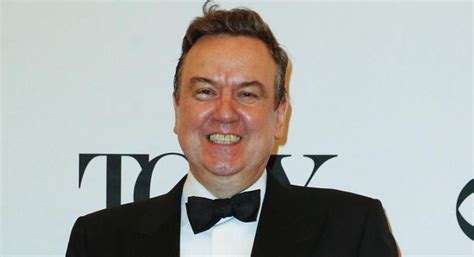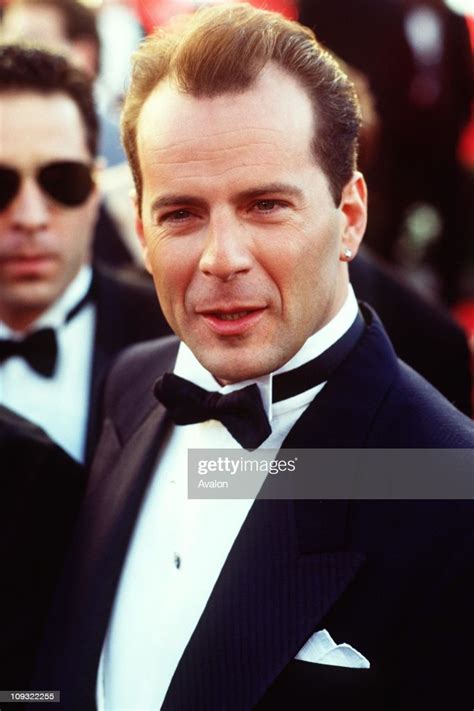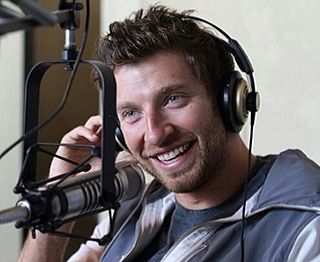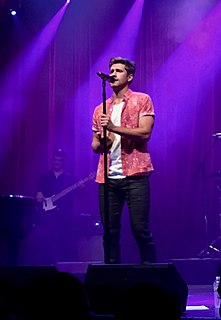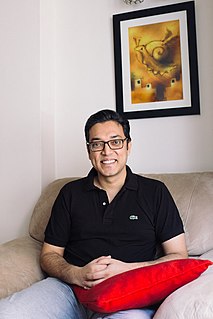A Quote by Jon Taffer
When you're on-stage, you're expected to perform in the bar business. You shake hands. You smile. You're all positive energy: you add to your environment. When you walk in the door to the back of the house, that's like a stage door. You're off-stage now.
Related Quotes
The "stage" on which you perform in film and TV is much smaller. Moving your eyes across the frame is equivalent to crossing from stage right to stage left in a big Broadway house. Coming from a theatrical background and temperament, this is something I am still learning. However, I think ultimately your responsibilities to the character and the overall story are the same in both mediums, so my approach felt very similar.
Now, I want to explain something to you guys. I don't have an ending joke, because I don't tell jokes. I tell real-life stories and make them funny. So, I'm not like the average comedian. They have an ending joke; they always holler Peace! I'm out of here, and walk off stage. So, basically, when I get through performing on stage, I just walk off.
My whole life at a certain point was studio, hotel, stage, hotel, stage, studio, stage, hotel, studio, stage. I was expressing everything from my past, everything that I had experienced prior to that studio stage time, and it was like you have to go back to the well, in order to give someone something to drink. I felt like a cistern, dried up and like there was nothing more. And it was so beautiful.
That's the thing about stage: It's something you can't find anywhere else. It's a two-and-a-half, three-hour experience, and it's a real relationship. You're sending out energy from the stage, but the audience is giving you back so much also, so that's also lifting you and pushing you forward as you're performing and giving you so much energy. You can't find it anywhere else, and that's why people get addicted to being on stage, and when they're not on stage are kind of looking for that and constantly searching for it.
Patience is probably the hardest thing I've had to learn in tryin' to love a girl. My lifestyle is very fast-paced; I'm always goin' somewhere, always on stage, and when I perform I perform at a high intensity. Sometimes I carry that energy off of the stage, into my private life. Sometimes I encounter girls who want me to take my time. When you're such a fast-paced, in the fast lane kinda guy, you don't really take the time that's necessary; you're like, "I want it now! If you can't give it to me now, well then." And from that, you end up losin' a lot of great people.
Performing onstage is all about reacting in a grand way. You're playing an arena of seventeen or eighteen thousand people and it's your job to make sure the person at the back feels as cool as the person all the way in the front. Being on stage is a bit of a façade. You get to walk out there and be the coolest version of yourself that you could possibly have imagined and then you come off stage and you're just like everyone else.
Normally classical music is set up so you have professionals on a stage and a bunch of audience - it's us versus them. You spend your entire time as an audience member looking at the back of the conductor so you're already aware of a certain kind of hierarchy when you are there: there are people who can do it, who are on stage, and you aren't on stage so you can't do it. There's also a conductor who is telling the people who are onstage exactly what to do and when to do it and so you know that person is more important than the people on stage.
It's important for me not to peak before I hit the stage. In other words, I save all of my creative and physical energy for when I walk on stage. If I can get 45 minutes of just easy going, playing rhythm, songs, stuff like that, then that's what I do to make sure that I'm all stretched out and ready.


